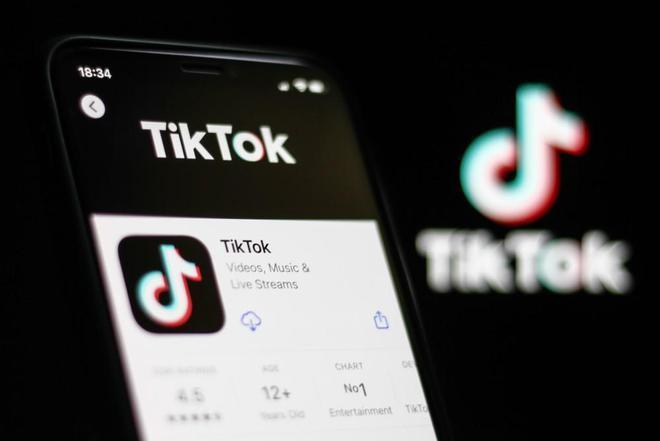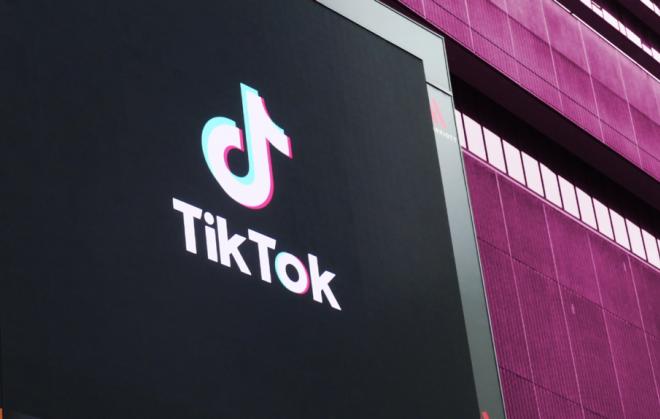TikTok’s Effect on Mental Health Among Teens
**NEW RESEARCH HIGHLIGHTS TIKTOK’S MENTAL HEALTH IMPACT ON TEENS**
(TikTok’s Effect on Mental Health Among Teens)
**FOR IMMEDIATE RELEASE**
**CITY, STATE – DATE –** Many teenagers use TikTok every day. New studies show this might affect their mental health. Teens spend hours watching short videos. This constant stream can be overwhelming.
Researchers see a clear link. Heavy TikTok use often correlates with increased anxiety. Teens also report feeling sadder. Seeing perfect lives online creates pressure. Young users compare themselves to others constantly. This comparison often leads to lower self-esteem.
The platform’s algorithm plays a key role. It quickly learns user preferences. Then it shows endless similar content. This can trap users in negative loops. Seeing distressing topics repeatedly is harmful. Teens find it hard to stop scrolling sometimes.
Experts express serious concern. Dr. Lisa Evans, a youth psychologist, states the findings are worrying. “Constant comparison is damaging,” she explains. “Teens need breaks from social media.” Parents and educators share this worry. They see mood changes in young people.
TikTok offers some positive aspects too. Many teens find supportive communities. They connect with others sharing similar interests. Creative expression is also encouraged. But the risks seem significant. Sleep problems are another common issue. Late-night scrolling disrupts healthy rest.
Schools are starting to act. Some districts now hold digital wellness workshops. They teach students about mindful social media use. Parents are advised to talk openly with their teens. Setting reasonable time limits is crucial. Monitoring content is also important.
(TikTok’s Effect on Mental Health Among Teens)
Recent lawsuits add pressure. Several states sued TikTok. They claim the app deliberately hooks young users. The company denies these allegations. TikTok points to its built-in screen time tools. They also highlight their safety resources. But critics argue these measures are insufficient. Stronger safeguards are needed urgently. Protecting young minds requires immediate action.

